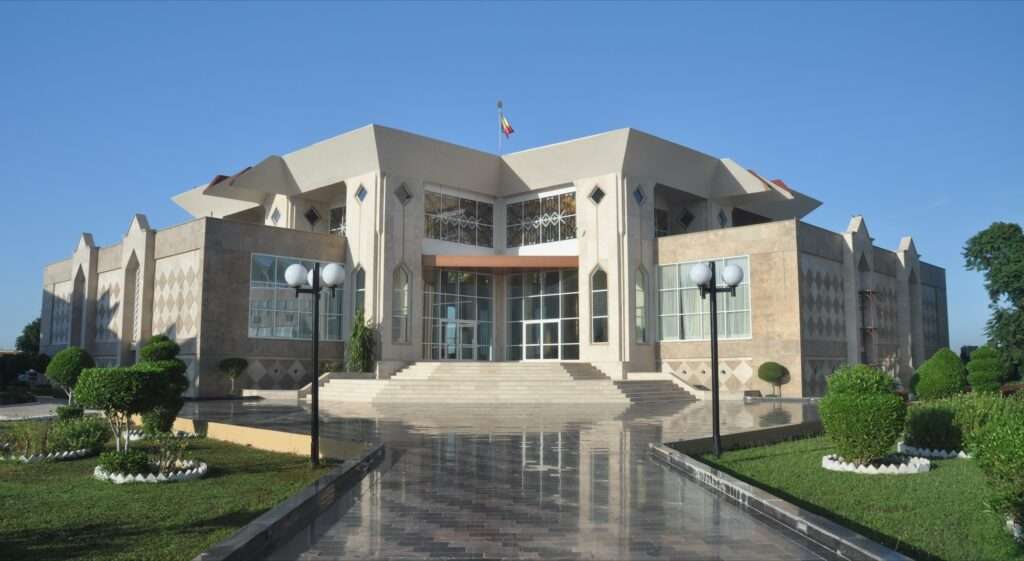In a dramatic confrontation on Wednesday night, Chadian forces thwarted an attempt by gunmen to storm the presidential complex in the capital, N’Djamena. The fierce battle resulted in the deaths of 18 attackers and one security personnel member, the government reported.
Residents in the vicinity described hearing gunfire and witnessing tanks on the streets as armed men tried to breach the complex.
Government spokesperson and Foreign Minister Abderaman Koulamallah later confirmed the casualties, stating, “There were 18 dead and six injured among the attackers, and we suffered one death and three injured, one of them seriously.”
Koulamallah appeared in a video shortly after the conflict, asserting that “the situation is completely under control … the destabilisation attempt was put down.” He was flanked by soldiers and his gun visibly tucked into his belt.
A security source attributed the attack to members of the Boko Haram jihadist group, which has been a persistent threat in the western Lake Chad region bordering Cameroon, Nigeria, and Niger. Chad’s military has been engaged in ongoing battles against Boko Haram’s incursions in the area.
The landlocked country remains under military rule, dealing with frequent attacks from Boko Haram while navigating complex regional conflicts, including accusations of interference in the Sudanese crisis.
The attack on Wednesday night saw armed commando units opening fire inside the presidency before being subdued by the presidential guard. Roads leading to the complex were swiftly barricaded, and tanks were positioned throughout the city.
Eyewitnesses recounted the tense scene, with civilians fleeing the city center, while armed police took up positions across the district.

Military Accord with France Ends
The confrontation occurred hours after Chinese Foreign Minister Wang Yi met with President Mahamat Idriss Deby Itno and other senior officials. This diplomatic meeting took place against the backdrop of Chad’s recent decision to terminate a military accord with France, labeling it “obsolete.”
France, which once maintained several bases in the Sahel region, is in the process of withdrawing its approximately 1,000 military personnel from Chad.
This follows a trend in which French forces have been expelled from other Sahelian countries like Mali, Burkina Faso, and Niger, where military juntas have shown hostility toward Paris.
The attack also comes on the heels of a contentious general election in Chad, touted by the government as a step toward civilian governance but marred by low voter turnout and allegations of electoral fraud. Opposition groups had called for a boycott, leaving the political arena to pro-government candidates.
President Deby, who ascended to power in 2021 following his father’s death, has faced criticism over his consolidation of power. His administration, legitimized through a disputed May election, continues to grapple with accusations of authoritarianism and election rigging.
Despite being an oil-producing nation, Chad ranks near the bottom of the United Nations Human Development Index. In recent efforts to solidify his rule, President Deby has reorganized the military, traditionally led by the Zaghawas and Gorane, ethnic groups to which his mother belongs.
Also, Chad is forging new diplomatic ties, notably with Russia and Hungary, as it seeks to diversify its international alliances.
The attack on the presidential complex underscores the ongoing instability within Chad, as it contends with internal threats and complex geopolitical challenges.
READ ALSO: Ablekuma North Disputes: Ewurabena Bemoans Attempts of Manipulation by Opposition



















